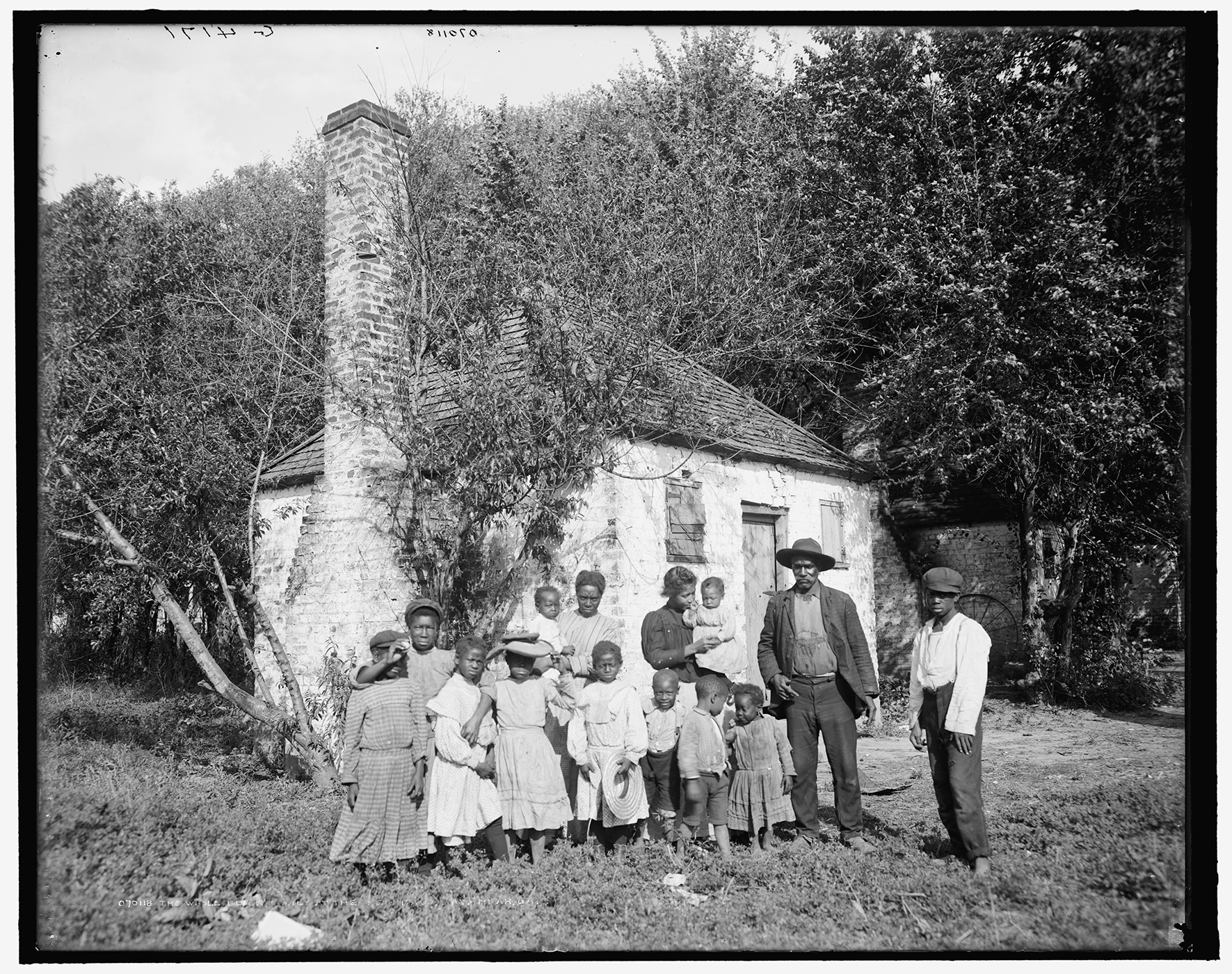Field School Dates
Session 1: July 21 – July 27, 2024
Session 2: July 28 – August 3, 2024
Eligiblity
All applicants must be 18 years of age or older. No prior educational training or professional experience is required. Special consideration will be given to applicants who are descendants of enslaved communities with ancestral ties to Virginia.
Applications are now closed.

Slave House Exploration and Evidence Tracing Field School
Collecting and telling the stories of enslaved people in America requires specialized skills, interdisciplinary research, innovative thinking, and collaboration. The Slave House Exploration and Evidence Tracing (SHEET) Field School is a pioneering intergenerational and transdisciplinary experience for independent family researchers, students, academic scholar-practitioners, and the public. Hosted by Saving Slave Houses (SSH) this hybrid field school and public workshop at Pharsalia Plantation in Nelson County, Virginia explores the intersections between the built environment, history, humanities, community, and storytelling. It is designed to teach its participants how to use the data they collect (e.g., fieldwork, archival research, and genealogy) as effective storytelling tools that can reach a wide, diverse audience. Through intensive examination of the built environment participants will gain necessary skills to recognize and interpret the landscape of slavery from the perspective of enslaved people.
SHEET’s 2024 season will focus on the Kitchen-Hospital-Quarter at Pharsalia. The building will be explored and documented through four lenses: people, landscape, details, and archaeology. Professionals from a wide range of disciplines will introduce participants to a series of documentation techniques such as hand sketching, measured drawings, 3D laser scanning, photography, and archaeology. Participants will also learn about the importance of oral histories as a form documentation and interpretation.
For detailed instructions on how to apply and frequently asked questions please see the Application Guidelines.
Questions? Please submit all questions using the SHEET Inquiry Form.

